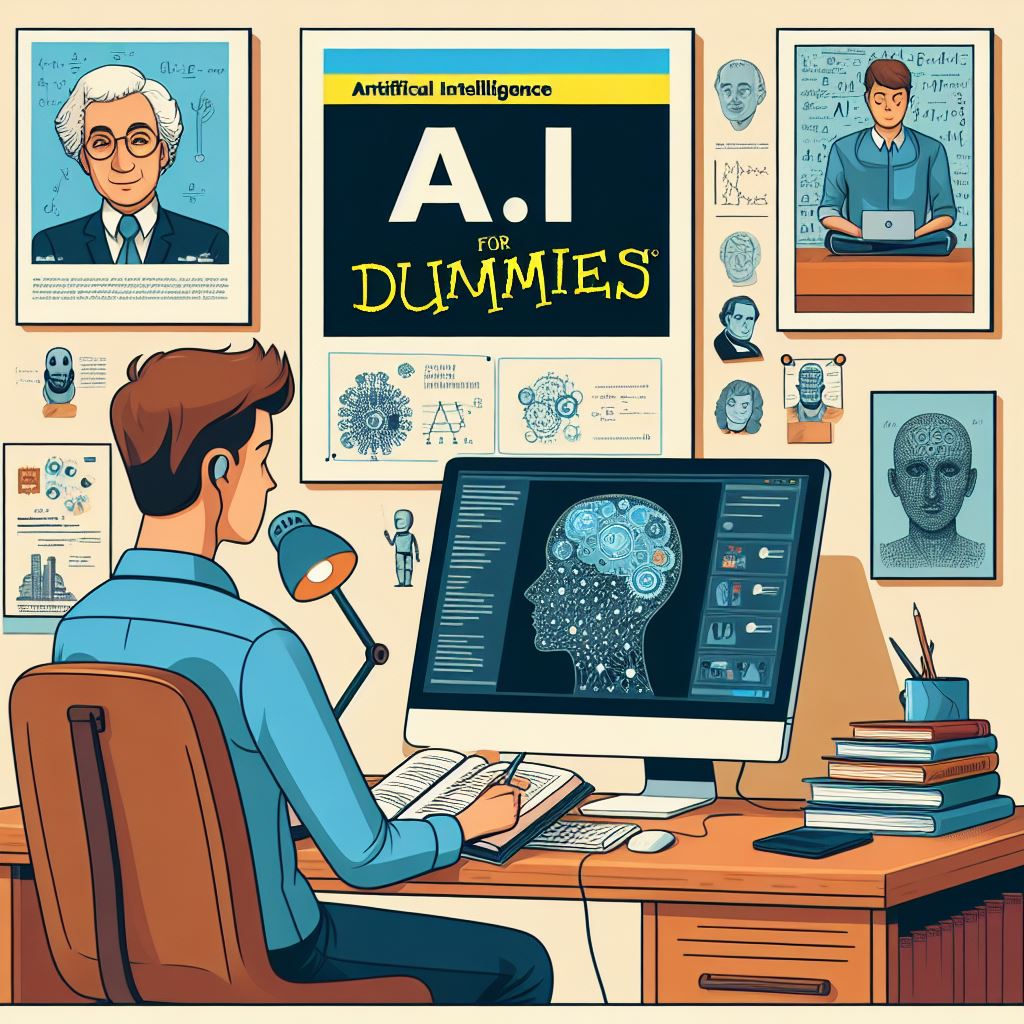Here's how you can start programming for AI
Lay the Foundation
Learn a programming language: Python is the most popular choice for AI due to its simplicity, extensive libraries, and active community. Start with online courses or interactive platforms like Codecademy, then progress to building small projects.
Master data structures and algorithms: These form the building blocks of efficient AI programs. Focus on basic algorithms like sorting, searching, and data structures like arrays, linked lists, and trees.
Get comfortable with math: Linear algebra, calculus, statistics, and probability are essential for understanding AI concepts and algorithms. You can find various online resources and introductory courses dedicated to these subjects.
Dive into Machine Learning (ML)
Choose a learning path: Decide if you want a broad understanding of ML or specialize in specific areas like deep learning, computer vision, or natural language processing.
Explore online resources: Platforms like Coursera, edX, Udacity, and DataCamp offer various interactive courses and specializations on ML with Python libraries like Scikit-learn and TensorFlow.
Start with practical projects: Find beginner-friendly datasets and work on projects like building a movie recommender system or classifying handwritten digits. Kaggle is a great platform for finding datasets and tutorials.
Deepen your knowledge
Participate in online communities: Forums like Stack Overflow and Reddit's r/MachineLearning offer opportunities to connect with other learners and solve problems collaboratively.
Stay updated: The field of AI is constantly evolving. Subscribe to blogs, follow experts on social media, and attend conferences to learn about the latest advancements.
Contribute to open-source projects: This is a fantastic way to gain practical experience while collaborating with others and learning from their code.
Additional Tips
Be patient and persistent: Learning to program for AI takes time and effort. Don't get discouraged by initial challenges, focus on steady progress and celebrate your achievements.
Join online communities: Surround yourself with other AI enthusiasts. Sharing experiences, asking questions, and learning from each other can be invaluable.
Focus on building projects: Theoretical knowledge is essential, but practical application is crucial. Implement what you learn by working on meaningful projects that interest you.
Remember, the most important factor is your passion for the field. Keep exploring, learning, and experimenting, and you'll be well on your way to becoming a competent AI programmer.
